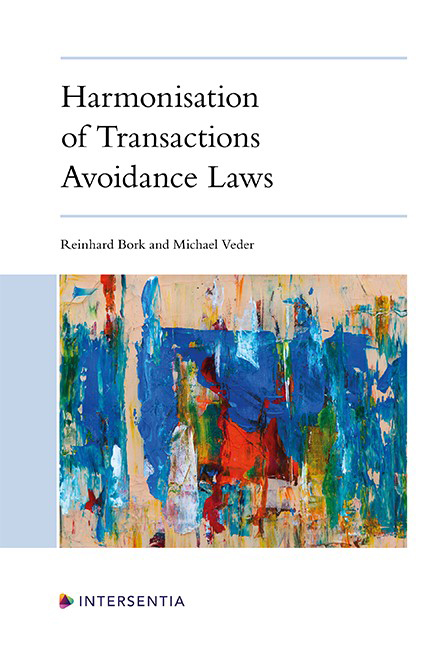Lithuania
Published online by Cambridge University Press: 26 May 2022
Summary
INSOLVENCY LAW OF LITHUANIA
On 13 June 2019, the Lithuanian legislator passed the long-awaited Law on Insolvency of Legal Entities (in Lithuanian, Lietuvos Respublikos Juridinių asmenų nemokumo įstatymas, hereinafter, the LILE). The LILE, which represented a significant reform of Lithuanian corporate insolvency law, came into effect on 1 January 2020 and consolidated the regulation of the bankruptcy and restructuring proceedings. Previously those proceedings were governed by two legal acts, i.e. the restructuring of legal persons by the Republic of Lithuania Law on Restructuring of Enterprises (in Lithuanian, Lietuvos Respublikos įmonių restruktūrizavimo įstatymas); and the Republic of Lithuania Enterprise Bankruptcy Law (in Lithuanian, Lietuvos Respublikos į moni ų bankroto į statymas). The LILE synchronised both types of proceedings by creating the same preferred creditors’ ranking and establishing the possibility of switching from bankruptcy proceedings to restructuring. Transactions avoidance for corporate persons are specifically to be found in the LILE, Art. 64 (Disputing transactions) and Art. 72 (Disputing transactions after declaring bankruptcy fraudulent).
The LILE Art. defines the concepts of new or interim financing. To protect new or interim financing, LILE provides a general rule that new or interim financing cannot be declared null and void in bankruptcy proceedings except in fraud cases. Art. 17 provides broad “safe harbour” exemption from Art. 64 in any subsequent bankruptcy proceedings. Indeed, LILE Art. 94 establishes their higher rank in the order of satisfaction of creditors ‘claims (above the usual unsecured creditors’ claims): “claims of creditors who have provided new and/or interim financing not secured by collateral and/or mortgage, which have arisen if the legal entity has not repaid the loan within the terms specified in the loan agreements are satisfied together with the claims of first rank”.
LILE does not provide the possibility of enforcing transaction avoidance actions in restructuring proceedings. Protection of restructuring-related transactions was not foreseen in the LILE.
In addition to LILE, which deals with corporate entities, personal bankruptcy in the Republic of Lithuania is regulated by the Republic of Lithuania Law on Personal Bankruptcy (in Lithuanian, Lietuvos Respublikos fizinių asmenų bankroto įstatymas, hereinafter, the LPB).
- Type
- Chapter
- Information
- Harmonisation of Transactions Avoidance Laws , pp. 425 - 430Publisher: IntersentiaPrint publication year: 2022

